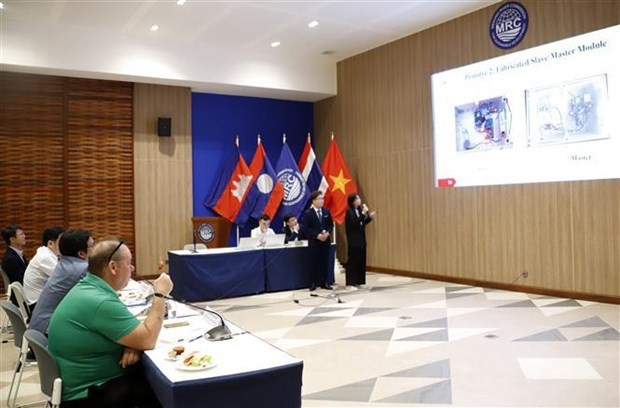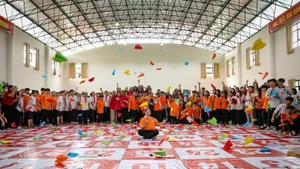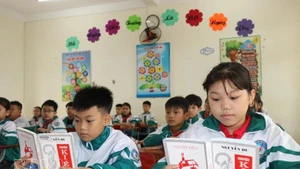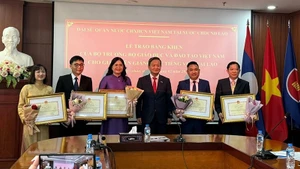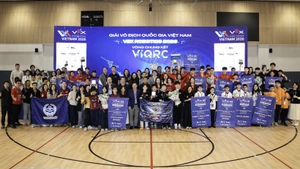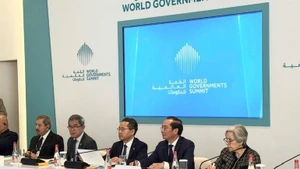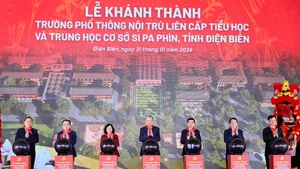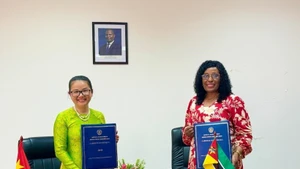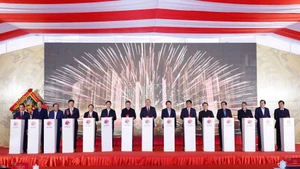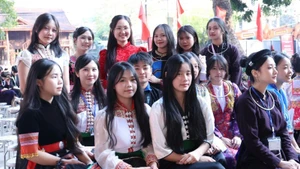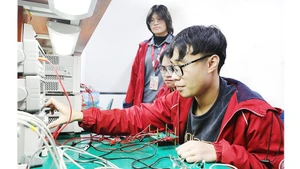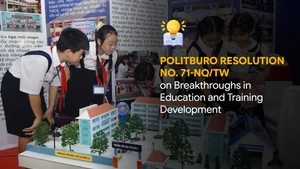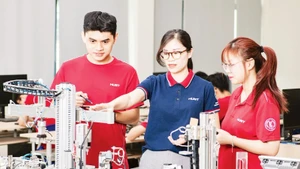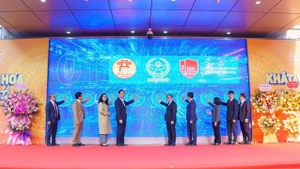The competition, taking place in Vientiane on March 30 and 31, features 14 teams from 11 universities in MRC member states of Cambodia, Laos, Thailand, and Vietnam. The four Vietnamese universities consist of the Water Resources University, Can Tho University, Ho Chi Minh City University of Science, and VNU University of Science.
The MRC is currently running about 250 monitoring stations for factors affecting Southeast Asia's largest river such as hydrology, rainfall, water quality, ecological health, fisheries, and drought. However, most of their monitoring technologies rely on imported equipment, which is often expensive and sometimes outdated.
The competition is expected to discover and develop homegrown technology researched by universities, thereby reducing the cost of monitoring the Mekong River. The candidates have to design telemetry stations to measure four separate indicators of water level, rainfall, soil moisture, and water quality. The stations, which can be powered by solar energy, must suit specific terrains, locations, weather, and functions and be capable of collecting and sending telemetry data to the server in real time.
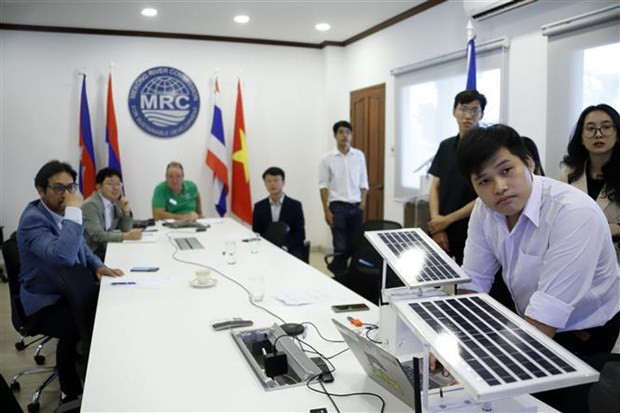 |
| Students from the Can Tho University present their idea at the contest (Photo: VNA) |
The 14 teams will take turns to present their projects, with four winners to be selected based on the criteria of accuracy, durability, cost-effectiveness and innovation. The MRC plans to work with the winners to deploy their technologies along the river.
The award ceremony is slated for April 3, and products of all the 11 participating universities will then be displayed at the Lao national convention center, where the 4th MRC Summit takes place from April 2-5.
The MRC, an intergovernmental organisation established in 1995 following the Mekong Agreement among Cambodia, Laos, Thailand, and Vietnam, serves as a regional platform for Mekong-related cooperation and knowledge sharing.
